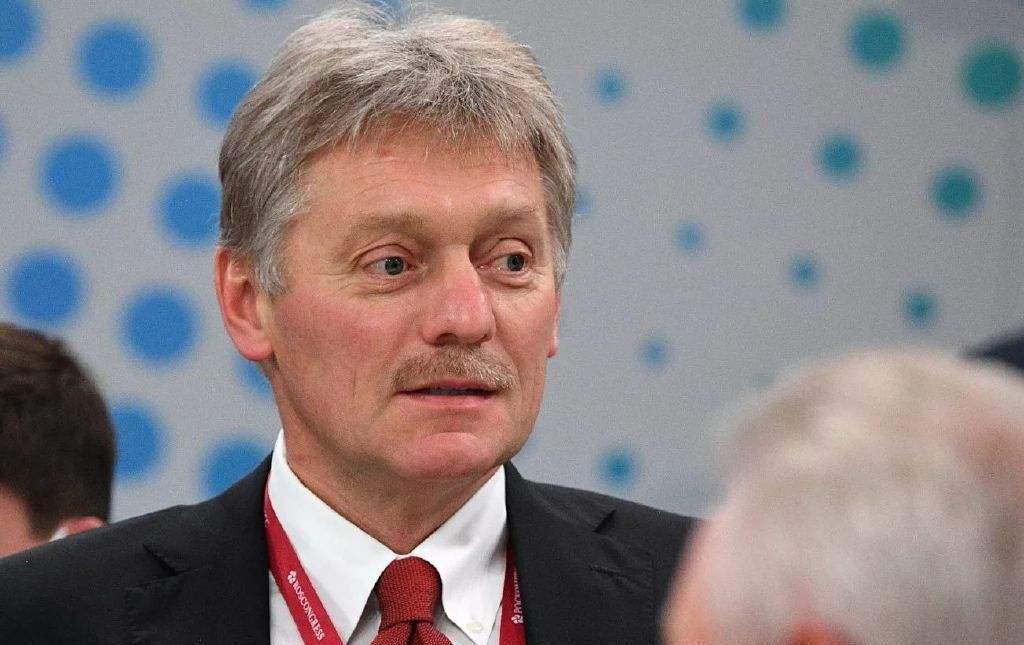With the arrival of the deadline stipulated in Putin's signing of the "unfriendly countries" gas ruble settlement bill, the eyes of European countries and even the world have turned to Russia, concerned about whether Russia will cut off the supply of natural gas in Europe. But the Russian side does not seem to be as "tough" as when it issued the "ultimatum" before.
According to the Global Network, on April 1, local time, Russian presidential press secretary Peskov said that Russia will not directly cut off the supply of natural gas to Europe, and the decree on the use of rubles to settle natural gas does not apply to those who have previously supplied natural gas.
Of course, this does not mean that the Russian side has "yielded", Peskov said in a flash, and the gas-related payments now being exported to Europe must be paid in the second half of April and May. This also means that the Russian side finally chose to give Europe an extra month of "buffer period" for European countries to adjust their payment methods.

Although the Russian regulations on the settlement of natural gas in rubles have not had a direct immediate effect on energy trade with Europe, their impact on financial markets has exceeded the Russian target.
In recent days, the Russian ruble has appreciated all the way in the international financial and monetary market, and the exchange rate of the us dollar to the ruble has risen below the ratio of 1:88, setting a new high since March 1. Although the value of the ruble has not yet returned to the level before the outbreak of the Russian-Ukrainian conflict, compared with the exchange ratio of more than 1:100 at the beginning of the conflict, the ruble today has fully recovered its "flesh". This means that the risk of an economic crisis that has hung over Russia for more than a month has been lifted for the time being.
The gas bill, which has been instrumental in this process, will also play its role in the second phase. Countries with very close energy ties with Russia, including Germany, have begun to seek to bypass the bill to pay for gas, and Russia has graciously left a "step" for Western countries such as Germany, claiming that these countries can "exchange" rubles for payments through the unsancharged Rosneft Bank.
For countries with stricter Russian sanctions, Russia can also use this gas bill to carry out "targeted" strikes. According to CCTV News, because the British government has launched sanctions against Gazprom, British Shell Oil Company has been banned from buying gas from Russia, even if Shell can provide ruble settlement.
This means that britain has suffered a "targeted strike" from Russia. With the precedent of the United Kingdom, other European countries in the introduction of new sanctions against Russia, I am afraid that they will have to consider their domestic energy structure, if they can not withstand the blow of "natural gas supply", they think that these sanctions will also be "strangled in the cradle" by Russia.
As the ruble appreciated, the Russians also quickly moved, beginning to use the ruble to save the market. On April 1, Putin signed another law requiring all airlines in Russia to use rubles to pay for the lease and purchase of aircraft to "unfriendly countries," according to the Observer Network.
At the same time, the Russian government will also provide 100 billion rubles of aid to airlines in Russia to "respond to sanctions". This also means that the Russian government has directly come forward to help Aeroflot directly "grab" the aircraft that belonged to other countries and companies.
If the Western countries continue to refuse to recognize the ruble's position in the international currency market, then these Western aviation aircraft sales and leasing companies will receive a batch of "waste paper".
As soon as this trick came out, it forced Western countries to recognize the ruble's circulation status in the international market. The next step is to see how European countries, which are choked on the lifeblood of energy, respond.